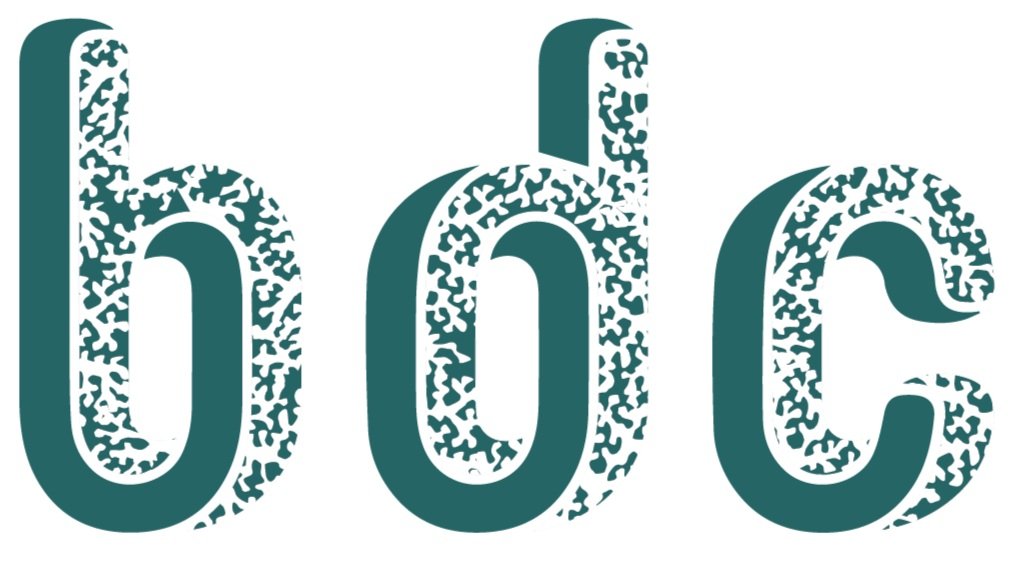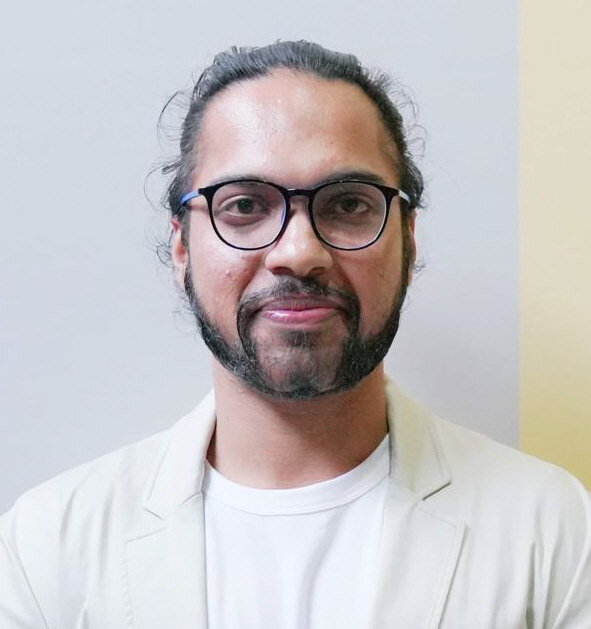Parsons School of Design
Projects 2024
Awayste
Top 8 Team
Irmak Yesil, Lucia Jaramillo
Current funding programs, including the EPA's, do not adequately target biomaterials for waste prevention, leaving a significant gap in the industry. Awayste aims to fill this gap by leveraging biodesign and data science to showcase how biomaterials can effectively prevent waste. The platform tracks and highlights the impact of these innovations, providing crucial insights for policymakers, businesses, and investors, with the hope of raising awareness and driving investment. Awayste aspires to become the reference point for waste prevention in the biomaterial sector.
The Terrible Ideas Network
Science Sandbox FOR Public Engagement Finalist
Cherilyn Tan, Gretel Dougherty, Parth Patel
The Terrible Ideas Network questions the human-imposed, capitalist-driven designs around us. Coming from 3 different parts of the world – India, Malaysia, the US – the team identified the same pattern happening across their home contexts. The Terrible Ideas Network is a ghost-buster-esque network that aims to bust these ‘terrible’ designs around us through bio-speculative un-designing. Through performing speculative fabulation, the team proposes a reorientation to humans’ way of being and relating to the world, inviting others into critical dialogue and a movement of collective speculative un-designing.
EcoShell
Yingfei Zhuo, Clara Chen, Sara Prasad
EcoShell offers a transformative solution for repurposing discarded oyster shells into durable facade tiles. These tiles not only provide an eco-friendly alternative to traditional building coatings but also serve as a valuable nutrient source for soil when their lifespan is complete.
Bio-intertwine
Wenjia Yan, Jianting Deng, Siyuan Fu
Bio-intertwine, is a community-driven practice that explores the collective voice, core values, and essentials of the Biodesign community in New York. The project aims to bridge the gap between the public and the Biodesign field through innovative tools, dialogues, workshops, events, and experiments with biomaterials. Bio-intertwine Sanctuary, a self-assembling installation that utilizes living biomaterials, encourages individuals to nurture their Biodesign practices from scratch in their own personal spaces. Through the hands-on experience of raising and caring for the bio-materials, individuals deeply integrate the principles of Biodesign into their daily practices. Simultaneously, this sanctuary serves as a visual representation of the Biodesign community. Each sanctuary is in relationship with all the other sanctuaries through IoT-connected light which mimics the mycelium network. The project extends beyond the sanctuary. It involves facilitating workshops with practitioners using the tool “Bioshrine kit,” which helps participants trace back the philosophical intentions they hold and aids them in sharing their visions within the Biodesign community. Our overall goal is to provide an experience for the public to understand the essence of Biodesign and to create tangible cultural Biodesign paraphernalia that inspires the community to continue developing new stories.
MAKERY CAFE
Annie Yuan Zhuang, Presley Nguyen, Soyeon Kim, Ahmad Abbasi
The MAKERY CAFE aims to make biomaterials more accessible to urbanites. In our rapidly urbanizing world where resources have become scarce and our connection to nature has become more distant, the project aims to design a collaborative and exploratory space for people of different age groups to experiment with healthy materials. Consisting of a coffee shop, biodesign showroom, and biomaterial gallery wall, this space welcomes people from diverse backgrounds, fostering a transdisciplinary approach by hosting seasonal events. By facilitating experimentation and collaboration, the project aims to bridge the gap between urban communities and nature while promoting the use of healthy, sustainable materials.
Instructors 2024
Carolina Obregón is an Assistant Professor at Parsons School of Fashion. She has a master's degree in Fashion and Sustainability from Aalto University in Finland. In 2014, she designed, developed and implemented the first undergraduate program in Sustainable Fashion & Management in Latin America at Jorge Tadeo Lozano University, in Colombia. As an assistant professor at Universidad de los Andes, she co-lead the winning teams at the Biodesign Challenge with Woocoa, the vegan wool, the overall prize with NanoFreeze, a protein-based refrigeration system, and in 2020 MANA with Linneo, a bio-nutricosmetic obtained from fungi pigments. She is part of the startups NanoFreeze and E.biodye (bacteria-based textile dye).
Jane Pirone is an Associate Professor of Design Ecologies at Parsons School of Design. She served as Dean of the School of Design Strategies from 2015-2019 and as Director of the Communication Design program from 2006-2011. Jane’s creative and transdisciplinary practice engages with living systems, storytelling, participatory futures, and new technologies from critical, queer and post-human theoretical perspectives. Jane has been a founding member of the Datamyne Project (MYNE), the Urban Research Toolkit (URT), the urbanBIKE initiative, and YouthBike. Prior to joining Parsons, Jane was the founder/creative director of Not For Tourists, drummergirl.com, and the award winning design firm, Happy Mazza Media, working with clients such as Memorial Sloan-Kettering Cancer Center, IBM, Nickelodeon, and the Columbia Presbyterian Medical Center.
Harpreet Sareen is a scientist, artist, and educator based in New York. His work is situated at the intersection of material science, biology, and electronics and draws on the complementary abilities of the biological and artificial worlds. Harpreet terms this as 'Convergent Design' to create hybrid substrates and bionic materials that lend themselves for future ecological machinery, sensing systems, and interaction design. Harpreet is an assistant professor of Interaction and Media Design at Parsons School of Design, New York. He also directs the Synthetic Ecosystems Lab that focuses on biological futures, their implications in interaction design, and the cybernetics of organisms and materials.































